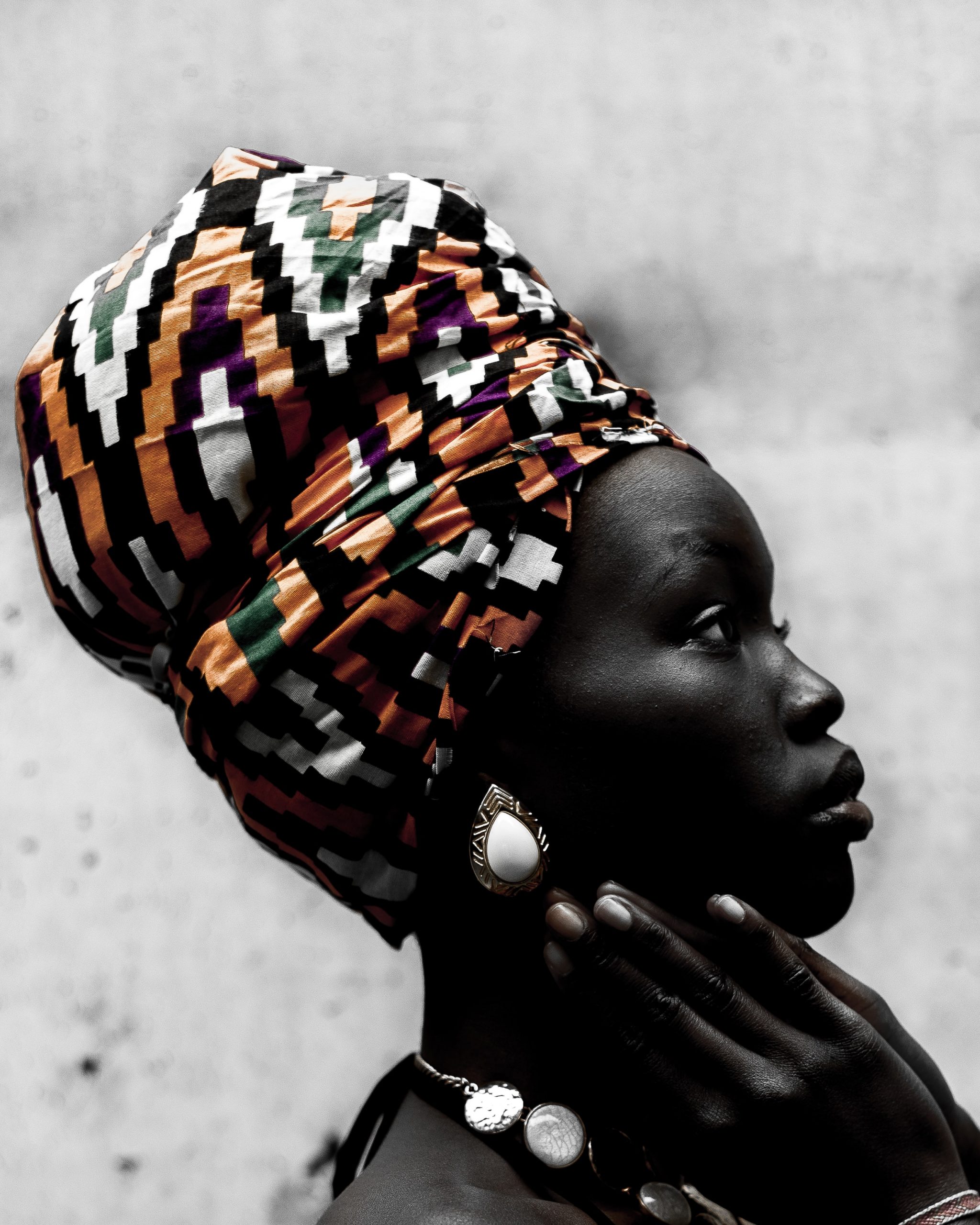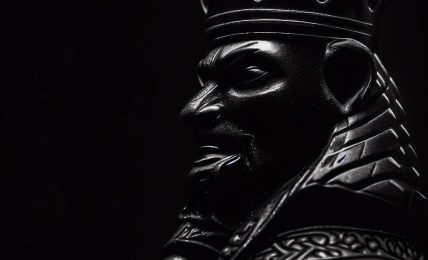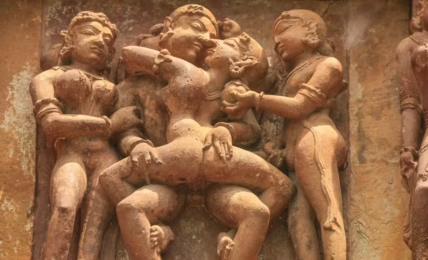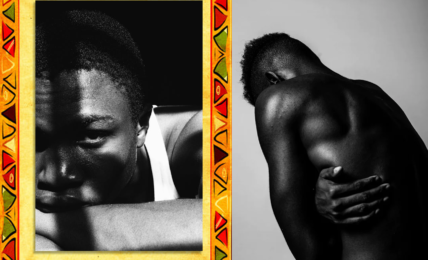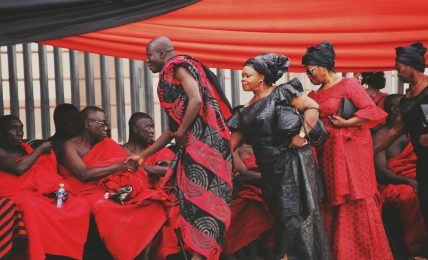What Queen Elizabeth II’s Funeral Can Teach Us About the Value of Cultural Continuity
African people should, always, and as a principle, push back against all forms of cultural erasure by imperialist forces, and invest in strengthening institutions charged with the responsibility of preserving cultural heritage, not only for today, but also for future generations.
